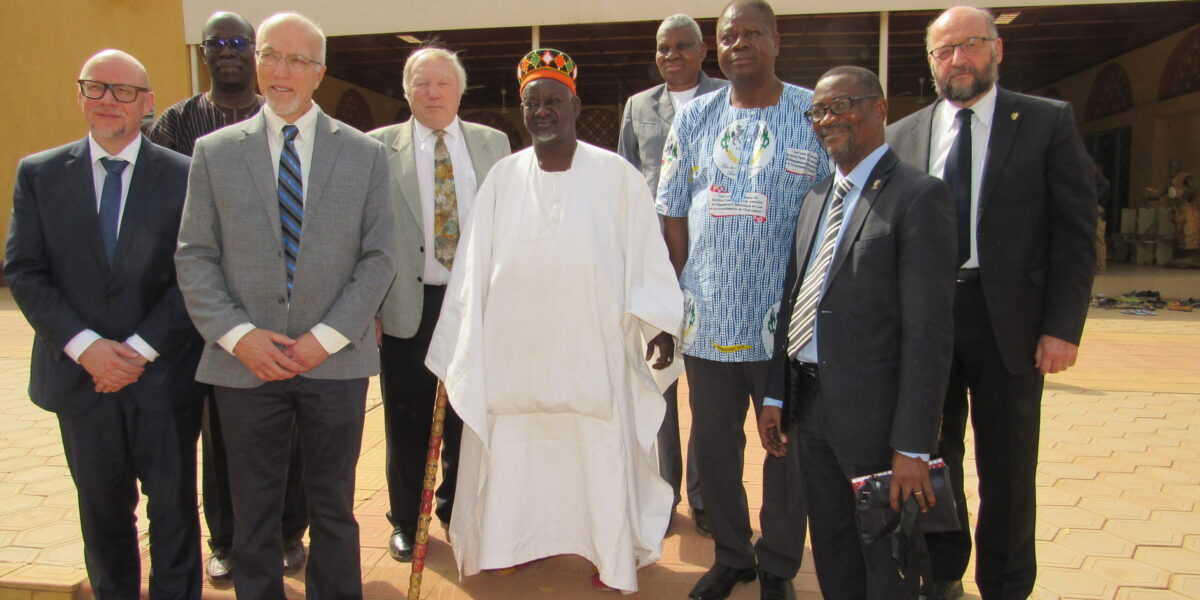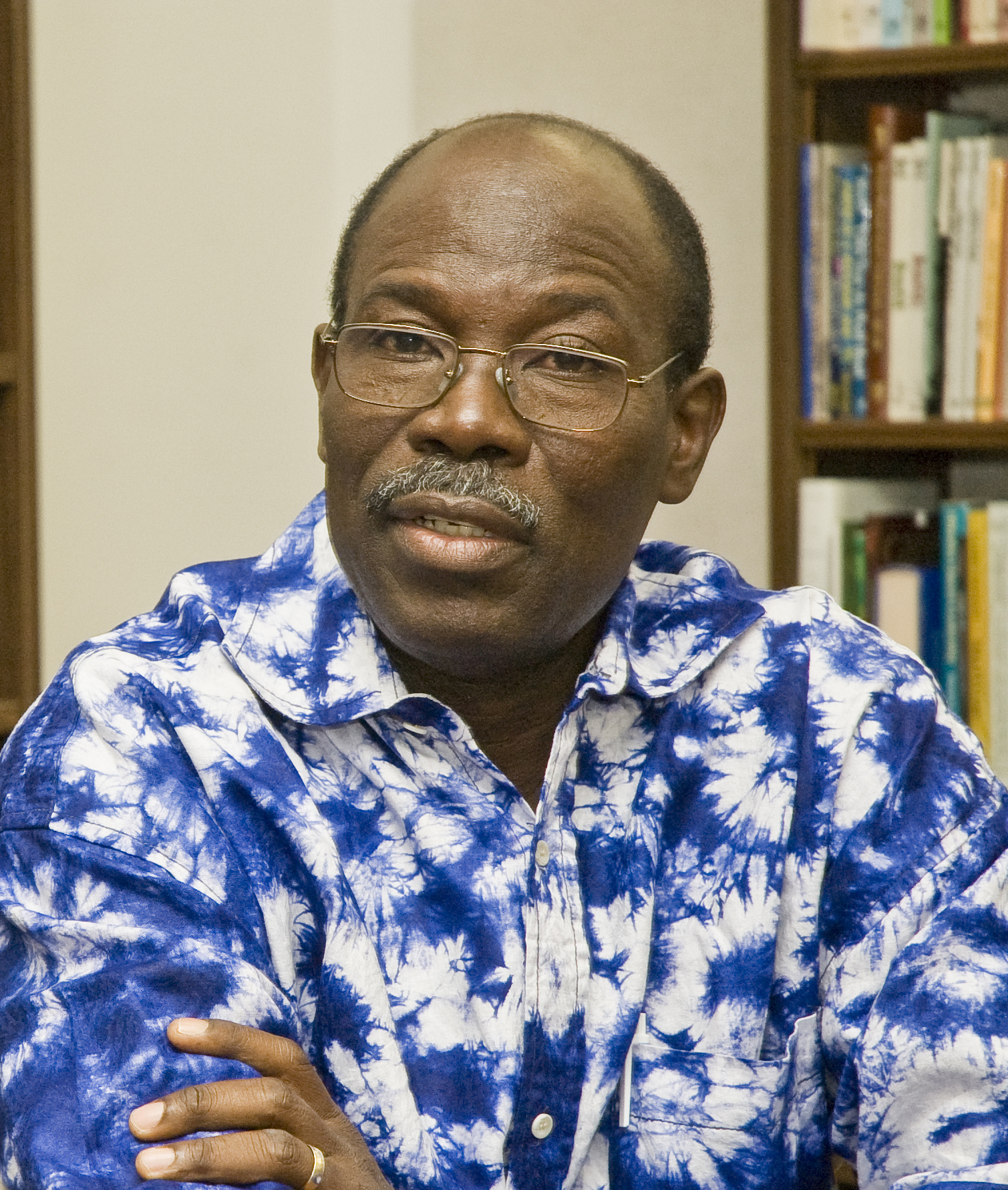The Mennonites of Burkina Faso drew upon Anabaptist theology and practice in refusing to pay war taxes.
Editor’s note: The government of Burkina Faso recently levied a tax on all citizens to fund increased military operations against violent Islamist fighters. La Fédération Des Églises Et Missions Évangéliques (FEME) du Burkina Faso (The Federation of Evangelical Churches and Missions of Burkina Faso), a consortium of Protestant churches, is requiring each of its member denominations to contribute toward the amount it will give the government, the equivalent of more than $56,000 USD. The sum assigned to the Mennonite Church of Burkina Faso was nearly $3,000. In May, Eglise Evangélique Mennonite du Burkina Faso (Evangelical Mennonite Church of Burkina Faso) asked for prayer, as they prepared to meet with FEME President Henry Yé, to explain the Anabaptist stance on peace and nonviolence. Siaka Traoré, a long-time church leader, both nationally and internationally, and Calixte Bananzaro, current president of Burkina Faso’s Mennonite Church and its representative to FEME, met with Yé, May 26. Here is Traoré’s report of the encounter:
God was with us May 26, when Bananzaro and I met with Henry Yé, the FEME president. The purpose of our meeting was to discuss the contribution churches were to provide for the war effort. We told Yé that we received the call from FEME to contribute, as requested by the government of Burkina Faso. When the Evangelical Mennonite Church of Burkina Faso received the information, the leaders commissioned Bananzaro and me to dialogue with Yé about the issue. We explained that the Mennonite church is a historic peace church, which has refrained from supporting armed conflict in the past. Therefore, this request to contribute to the war effort put us in a difficult position.
Yé reassured us that the contribution was voluntary, contrary to what was initially communicated to us about specific amounts. God fought for us, and Yé was open to the possibility that the Mennonite church could promote the well-being of our country in other ways. We asked how we would know that the Mennonite donations were being used for peace rather than war.
Yé said that Mennonites can help internally displaced people. He even mentioned that we could designate our donations specifically for pastors and Christians who are internally displaced. We told Yé that, as Christians, we cannot show preference to one group of people and refuse aid to another group. The church, as the body of Christ, must observe the utmost neutrality in this crisis, in order to have authenticity as a peacemaker, both in the current situation, as well as in the future.
We also mentioned that Mennonites have expertise in peacebuilding and trauma healing, and we would like to offer these gifts to our communities. We told Yé that we, as Christians, must consider the option of dialogue, with each party listening to the other. We must silence the sound of weapons to listen to ourselves as humans.
The atmosphere of the meeting with Yé was fraternal. We found that we were looking in the same direction when it came to the situation of our country. We thank God, who through the Holy Spirit, led us in this dialogue, and we thank everyone who prayed for this encounter.
May God restore peace to Burkina Faso.








